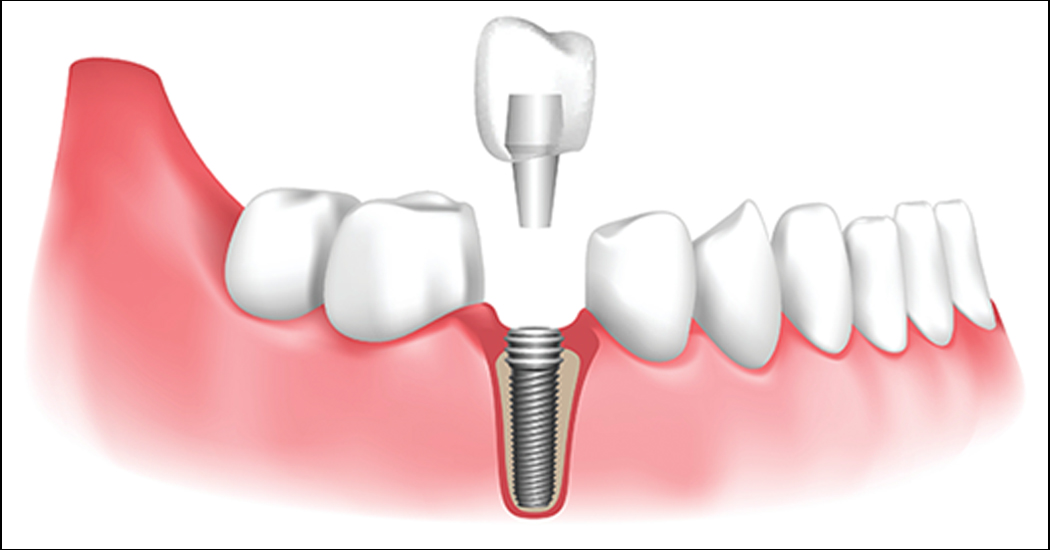- Call Today +918591057087
- Open Hour 10:00 AM to 08:00 PM

Dental implants are artificial structures that a dental surgeon inserts into the jawbone. A person may require implants if they have lost one or more teeth. A dental implant is a structure that replaces a missing tooth. With screw-like devices, the surgeon inserts an implant into the jawbone, and it acts as an anchor for an artificial tooth, called a crown.
A device called an abutment connects the artificial tooth to the dental implant. The crown is custom-made to fit the person’s mouth and match the color of their teeth. Crowns look, feel, and function like natural teeth.
However, dental implants are not suitable for everyone. The implanting devices must bond with the jawbone, so a person’s bones must be healthy before they can undergo implant surgery.
According to the American Academy of Implant Dentistry, around 3 million people in the United States have dental implants, and this number increases by about 500,000 every year.
Dental implant surgery is safe when a qualified and experienced surgeon or dentist performs it. It is also the only dental restoration option that maintains the health of the person’s jawbone and stimulates its growth.
Some people are not eligible for dental implant surgery. It is not safeTrusted Source for dental surgeons to operate on people with:
• Acute illness
• Uncontrollable metabolic disease
• Bone or soft tissue disease or infection
If these issues are resolved, a person can have the surgery.
In some casesTrusted Source, dental surgeons refrain from operating on people with:
• Heavy smoking habits
• Para functional habits, such as tooth grinding or clenching
• Behavioral or psychiatric disorders
• HIV
• Diabetes
• Osteoporosis
• AIDS
If people with any of the above undergo dental implant surgery, there is a higher risk of the implant failing.
Dental surgeons may also choose not to operate on people undergoing the following treatmentsTrusted Source, due to an increased risk of implant complications:
• Bisphosphonate drug treatment for bone loss diseases
• Chemotherapy
• Radiation therapy of the head or neck
How To Take Care During Dental: Brush your teeth twice a day with fluoride toothpaste. Floss regularly. Visit your dentist routinely for a checkup and cleaning. Tell the dentist about any medical conditions you have and medications you take. Eat a well-balanced diet. Quit smoking. Smoking increases your risk for gum disease.
When To Visit your Doctor? Changes in mood and sudden confusion can occur with mental health issues as well as physical conditions, such as an infection or drug interaction. Watch out for trouble thinking or focusing, irregular sleeping patterns, and feelings of anxiety or depression.
© Dental Care is proudly created by Quiksi Media